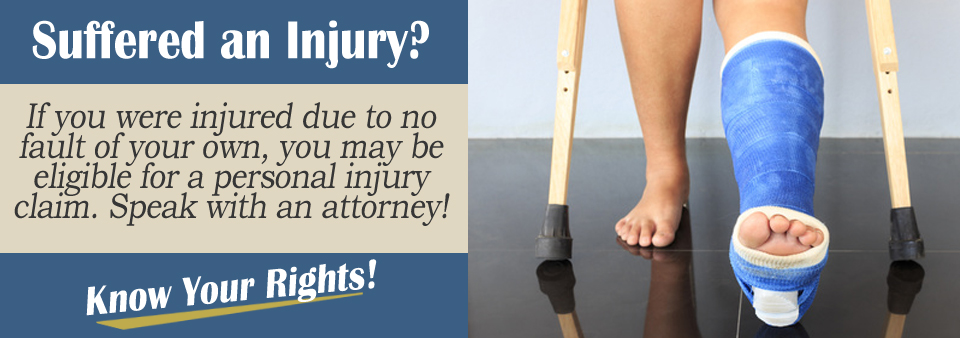Not all auto accidents are cut and dry with the fault going to one driver. Instead, there are many auto accidents where more than one driver shares the blame.
Fault might be determined at 100% for one party, split 50/50 between the two parties, or divided at any other percentage. When fault is shared, then usually both insurance companies will be fighting it out. How your personal injury claim progresses in such situations is dependent on the accident injury laws in the state where your accident took place.
The Different Liability Laws
- Proportional Comparative Fault – Using this approach, the person who is considered most at fault cannot collect any damages, but the driver who is least at fault can collect damages that have been adjusted based on their percentage of fault. If both drivers are equally to blame, which is 50/50 fault, then neither can seek damages from the other.
- Pure Comparative Fault – In states using pure comparative fault for accident claims, you can seek damages even if you are partially to blame. However, your damages can be reduced by your percentage of fault.
- Pure Contributory Negligence – If you are any percentage of fault, even just 1% to blame for the crash, you cannot recover damages after an accident when pure contributory negligence is used.
Disputing Fault
If you believe you are not to blame for the accident, or you have been allotted an unfair percentage of blame, you should consult with a personal injury attorney. With the help of a lawyer, you can dispute the findings and request another investigation.
Sometimes a new investigation will uncover additional details that were not noticed before and might result in an amended report. You will need to provide as much evidence and documentation as you can to support your claim.
The accident report, completed by the police officer who comes to the accident scene, should detail the accident, include statements from witnesses, and contain basic facts such as vehicle details and identify the drivers. It should also indicate if any citations were issued.
Sometimes mistakes could be made in the report. In that case, you will need to dispute those facts. Sometimes details are easier to dispute than others, such as a mistake about your auto insurance or an error with the details of your car. These facts can make a difference in the outcome of your personal injury claim.

Consult With a Personal Injury Lawyer
If you've been involved in an auto accident, you should speak with a personal injury attorney before pursuing damages through a personal injury claim. Person injury lawyers operate on a contingency basis so you will not have to pay for legal representation until you win your claim.
Your attorney will not be paid until you are compensated for your damages through a settlement or a judgment. To get your case reviewed by an attorney in your area, complete the Free Case Evaluation Form on this page today. A strict statute of limitations applies, so time is of the essence.